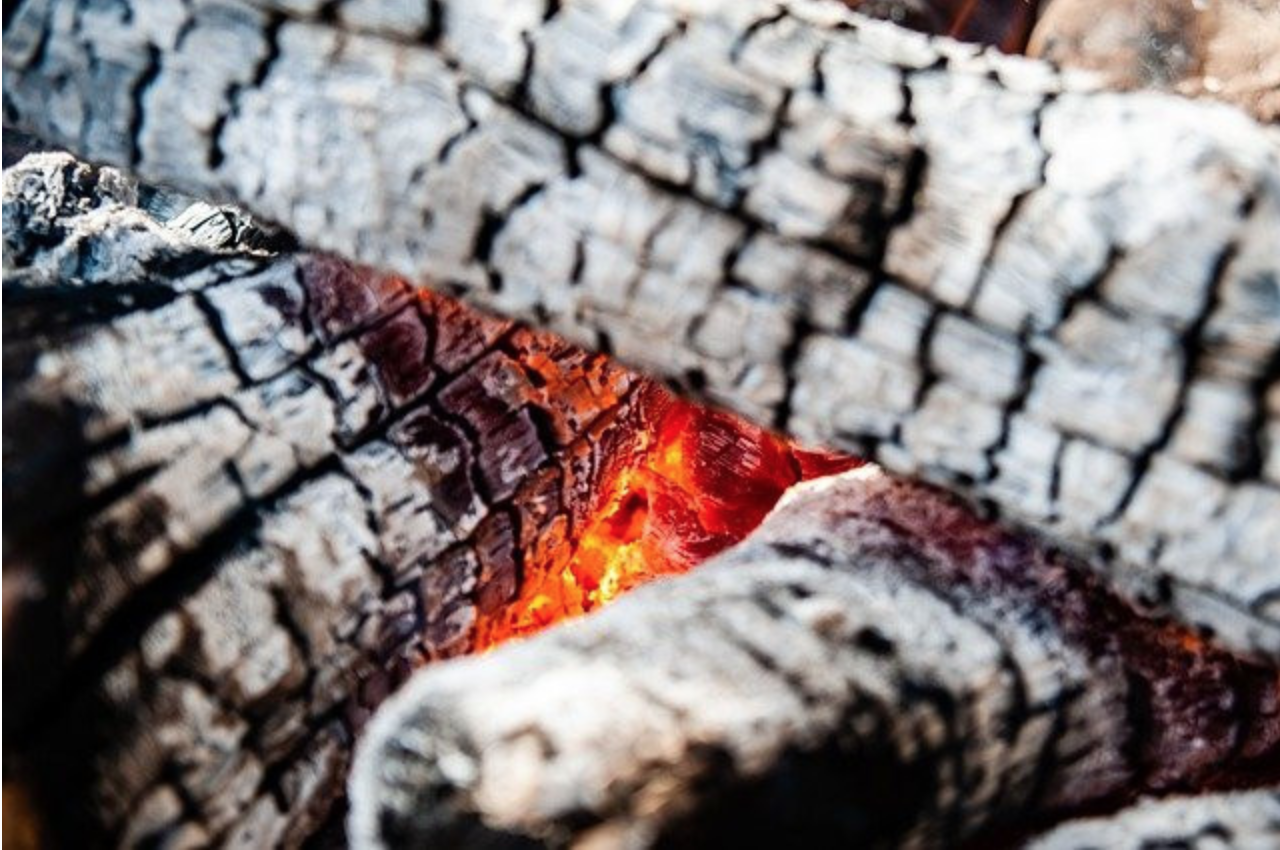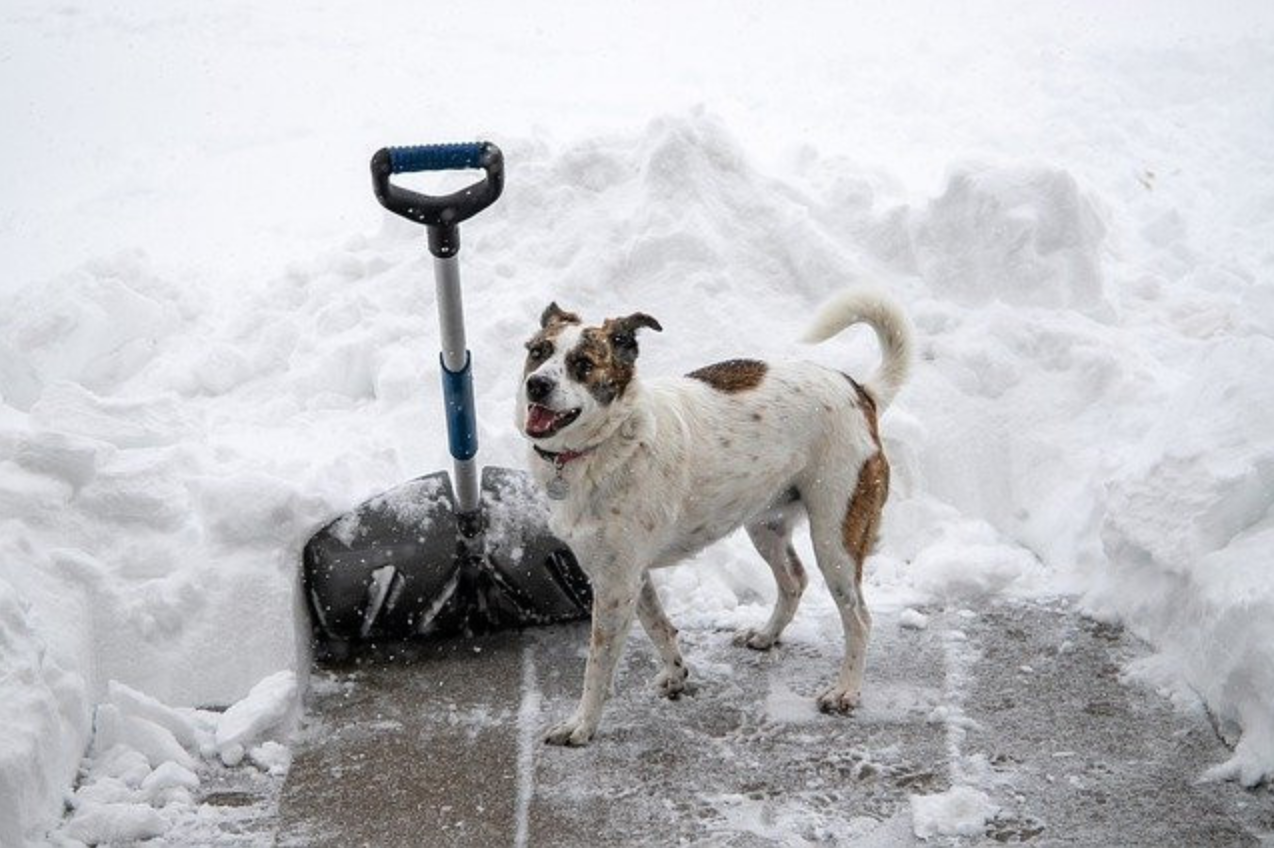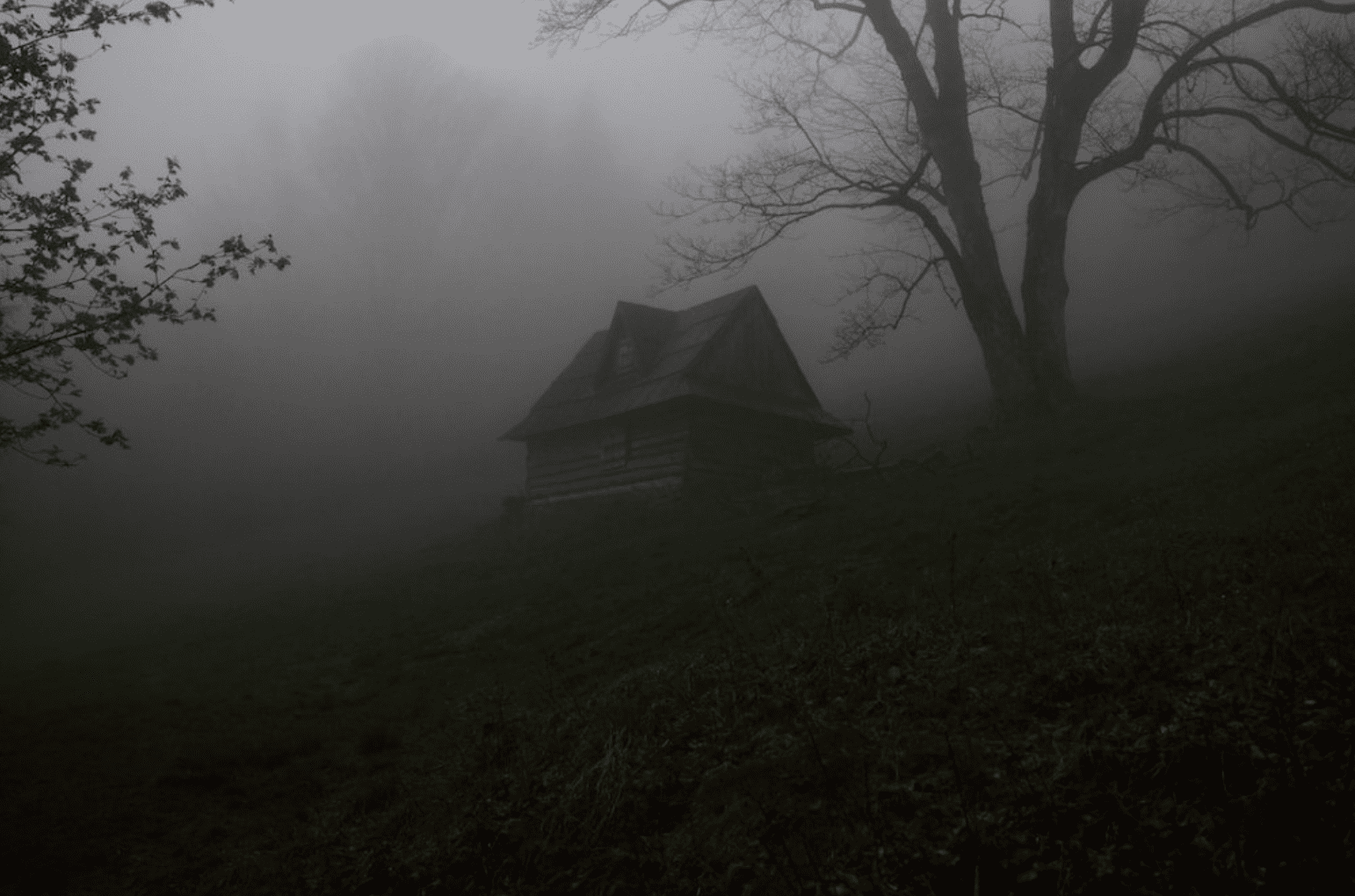Listen to the article
Buying a house is a dream for everyone and perhaps the most important financial decision. One of the many reasons potential buyers may consider is whether someone died in the house.
You want to consider the potential negative and positive implications before pulling the trigger and buying a property. This article reviews the pros and cons of purchasing a house where someone has passed away.
Historical viewpoint: at-home deaths have been happening for centuries
It’s not a new thing. Because of diseases, natural disasters, and accidents, house deaths have happened throughout history. Back then, caring for a loved one at home as they took their final breath was the norm.
Is it different now? Although more and more people choose hospice care or nursing homes, an increasing number of people prefer being in their homes for their final moments. According to a CDC study containing death records from 2000 to 2018, at-home deaths have risen from 22.7% to 31.4%.
A place associated with the death of a loved one holds special and sad memories for the family. The time spent together, the conversations, the laughter, and the tears before they went away make up a collection of pleasant memories. It may be challenging for others to think about it; however, we cannot forget that deaths are natural, and no one can control where to die.
Legal considerations when buying a house where someone died
It helps to know the legal implications of buying a home where someone has died. The fact that a previous resident died at home doesn’t always have to be disclosed. But some places are required by law to tell people about certain kinds of deaths, like suicides and deaths caused by violence.
Let’s use California as an example of a strict state. In California, it is mandatory to mention all the deaths during the last three years within a specific jurisdiction.
You can look at this page to determine if your state requires that deaths in private homes or rental properties be reported.
Any liability issues should be considered along with legal obligations. For example, in most cases, sellers are required to inform buyers of deaths caused by structural defects in the property.
It is important to hire a professional to inspect the property and report on issues that might compromise the home’s livability and safety, regardless of whether someone died in the house.
Potential advantages of buying a house someone died in
You may not think that there are advantages to buying a house with a history of death. But there could be. A house’s value may be much lower than comparable homes in the area if there is a history of death. If a prior owner’s death doesn’t affect you, you may find yourself with a bargain.
Also, the property you are considering may have historical value and not be impacted by a history of death. Older buildings often have interesting stories to tell and beautiful designs and details worth keeping.
You may enjoy restoring a building rich with history and creating a one-of-a-kind house with a historic structure.
Potential disadvantages of buying a house someone died in
But it’s not hard to find disadvantages to buying a house someone died in. The major drawback is the potential bad reputation. A bad reputation caused by a troubled past can make it difficult for the buyers to sell the house because potential buyers may be upset about living there.
Another potential disadvantage is the emotional strain of staying in a house where someone died. If evil spirits, “ghosts,” or other forms of bad energy are around, some residents may feel uneasy and uncomfortable all the time or even experience “paranormal activity.”
Coping with the emotional implications of buying a house someone died in
It’s essential to prepare yourself mentally and emotionally for the possibility that buying a home associated with someone’s death may be disturbing.
You should talk to a counselor or mental health professional if you have emotional problems because of the house’s tragic past. They can help ease your worries and fears. You don’t want to live in a house where you are not happy or comfortable.
Make yourself at home. Rearrange the furniture, add nice decorations, or paint the walls; soon you will forget about the past and start living for the future.
What to do if you suspect death in the house
Do your homework if you’re thinking of buying a house where there’s even a chance someone died.
Find out if sellers are required to disclose the information in your jurisdiction and ask them to provide it. But even if they are not required, you should ask, as they may want to tell you.
If your agent doesn’t want to tell you if someone died in the house, try looking for online articles and news that mention the property, or you may want to inquire at the local courthouse.
How to determine if a death in the house affects the value
The resale value is a major concern for some buyers.
A past death may impact a house’s resale value, but it depends on the nature of the death. If the previous resident had a natural death, there would be little to no impact.
However, the house’s value might decrease after a violent crime or suicide. A house with trauma or a history of violence may discourage potential buyers. Because of the reputation that comes with such tragic incidents, it may be harder to sell the house.
Contact a trusted real estate agent if you’re concerned about the house’s value because of this type of death. Their knowledge of recent sales of similar houses in the area and how outside factors affect property values is very helpful.
How to cleanse a home’s energy after a death
If you are concerned about negative spirits or energy in a deceased person’s home, cleansing can help. Some people think that clearing bad energy from a house by burning sage and then walking through it, which is also known as sage smudging, is effective.
According to other beliefs, salt, crystals, or other things can also aid in cleansing the air in the house.
Even though there isn’t a lot of research supporting these methods, they can prove to be helpful for specific individuals in bringing peace and relaxation into their homes. But keep an open mind for the best results.
Don’t ever forget how much a recommendation and the placebo effect can change the way we think and feel. You will definitely feel better mentally because cleansing a house after someone’s death has more of a mental effect than a spiritual one.
Making a house your home is probably the best way to feel secure and comfortable there. A house with a history of death will feel more welcoming if you add personal touches, paint the walls, hang your favorite pictures on them, and change the furniture.
The impact of deaths from natural causes versus violent deaths on a property’s value
Remember that there is a big difference between deaths caused by natural causes and deaths caused by violence when evaluating a property.
When a person passes away due to natural reasons like old age or sickness, the value of their estate usually doesn’t change. But the value of the property may go down if there have been recent or well-known deaths on the property because of violence or suicide.
Real estate agents are a great resource for learning about the selling prices of comparable homes in the region and the potential influences on your own property’s worth. Approach one of them to talk about your concerns regarding the value of the property.
The potential impact on the resale value of a house someone died in
Buying a house where someone has died requires careful consideration of the property’s future selling value. A property with a history of death or tragedy may have trouble selling, even if there is no agreement on the exact effect this has on resale value.
You must be honest and open to keep the impact on the property’s resale value to a minimum. Potential purchasers should be informed if there has been a death in the house. Doing so may establish credibility and prove your dedication to transparency about the home’s past.
The impact of deaths in homes on renters and rental income
Before buying a home where someone died, consider how it might affect residents and rental income. Residents may be reluctant to move into a property with a tragic past, making it harder to lease or rent.
Open communication may help lessen the impact on rental revenue. Renters or buyers have the right to know about a death or any other incident that happened on the property. Doing so may establish credibility and demonstrate your dedication to being transparent about the home’s background.
Potential health risks associated with living in a home where someone died
There are no known physical risks to staying in a house where someone has died, but worrying about how it will make you feel is natural. When someone dies, the house is usually cleaned and sanitized well to eliminate health risks.
If you don’t think the house has been cleaned well enough, you might want to pay for more cleaning services. These services can give your home a thorough cleaning and disinfection, which can help ease your worries about germs that may still be there. It can also assist with removing any emotional distress or memories associated with the previous occupant.
Should you buy a house someone died in?
As a local Coldwell Banker Realty agent, Michelle discusses a somber subject: people dying in a home and whether it should affect a buyer’s decision to purchase.
In California, it’s required to disclose if someone died in the home within the last three years. Michelle advises sellers to disclose even if it wasn’t a natural cause because buyers don’t want to discover it later and experience remorse.
However, if it happened ten years ago, it’s considered history, and purchasing the house is safe. Haunted houses may stem from occupants’ unresolved issues, and it’s up to the buyer’s comfort level if they’re willing to live there.
Michelle suggests that if a buyer feels uncomfortable, the house may not suit them. Although it’s a dark subject, Michelle hopes that understanding the disclosure and asking the right questions may help buyers and sellers navigate such issues.
Conclusion
Buying a home where someone has died seems like a morbid thought, but it’s important to remember that every house has its own story. There are always pros and cons to consider when investing in real estate, whether someone died there or not. While choosing a property, keep an open mind if you want to accomplish your aims and objectives.
Related Posts:



